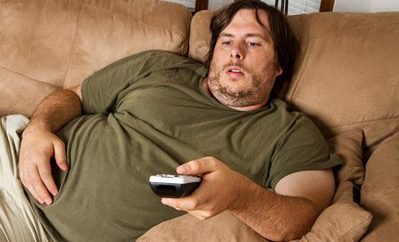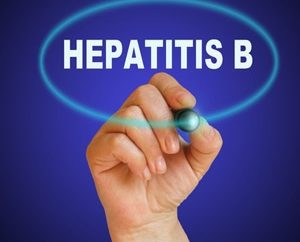Caution: Testosterone Treatment
Caution: Testosterone Treatment By William Smith
As we reach forty and above as a male, we lose some testosterone which may decrease our energy level, decrease our libido, cause sadness or simply make us feel sleepy. Once you reach age 30, testosterone levels slowly decline by approximately 1% a year. Beginning by age 40, testosterone drops about 1% to 1.5% per year .
The low testosterone levels that result can leave men feeling less energetic, less self-assured, and less manly. This is a normal part of aging. Testosterone treatments may be the answer but be cautious. A testosterone test checks the level of this male hormone (androgen) in the blood. Testosterone affects sexual features and development. In men, it is made in large amounts by the testicles. Testosterone is made in small amounts by the adrenal glands. Unfortunately, there had been a huge marketing scheme to target men aged 40 + to get testosterone replacement therapy even if the testosterone levels are not severely low enough to justify such treatments. According to a 2010 study published in the New England Journal of Medicine, only about 2 percent of men older than 40 need testosterone treatment. Nonetheless, Doctors wrote more than 5.3 million prescriptions for testosterone therapy in 2011, five times as many as in 2000, according to a November report in the Journal of the American Medical Association making testosterone treatments a $5 billion industry.  Testosterone replacement therapy can create severe health risks including heart failure, liver problems, prostate problems, and overly aggressive behaviors.The Journal of the American Medical Association (Nov 2013 Edition) has linked patients that have undergone testosterone therapy to increase rates of heart attacks, stokes, and death. These studies indicated that out of 8,709 males taking testosterone therapy, the rate of increased heart attack, stroke or death was 30% higher compared to those that had not engage in Testosterone Therapy The U.S. Food and Drug Administration as recently as January 2014, has announced that it is reassessing the safety of those treatments after two studies linked them with an increase in heart problems Again, having a decrease in testosterone is a normal part of aging. What causes (Low-T) besides aging?
Testosterone replacement therapy can create severe health risks including heart failure, liver problems, prostate problems, and overly aggressive behaviors.The Journal of the American Medical Association (Nov 2013 Edition) has linked patients that have undergone testosterone therapy to increase rates of heart attacks, stokes, and death. These studies indicated that out of 8,709 males taking testosterone therapy, the rate of increased heart attack, stroke or death was 30% higher compared to those that had not engage in Testosterone Therapy The U.S. Food and Drug Administration as recently as January 2014, has announced that it is reassessing the safety of those treatments after two studies linked them with an increase in heart problems Again, having a decrease in testosterone is a normal part of aging. What causes (Low-T) besides aging?
- Obesity
- Diabetes ( Type 2)
- Chronic medical conditions ( especially liver or kidney disease)
- Hormonal disorders
- Infections
There are natural alternatives to give males more energy and strength to combat the causes of low testosterone and we will explore them in a series under Anti-Aging in the next few months. If you have ways or know of ways to help combat low testosterone , feel free to put them under the comments box below. Keep on aging forward . ,





4 Comments